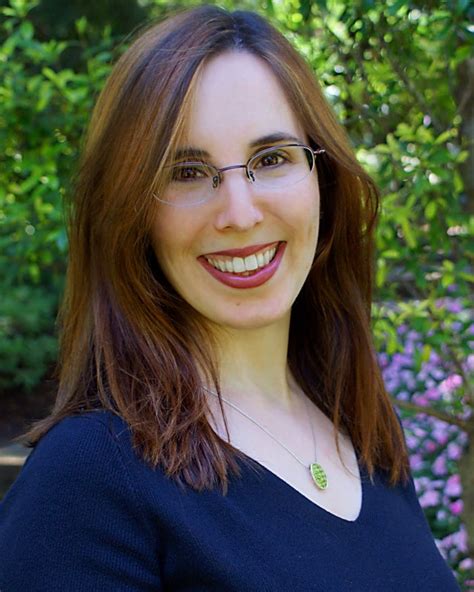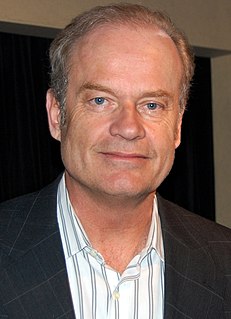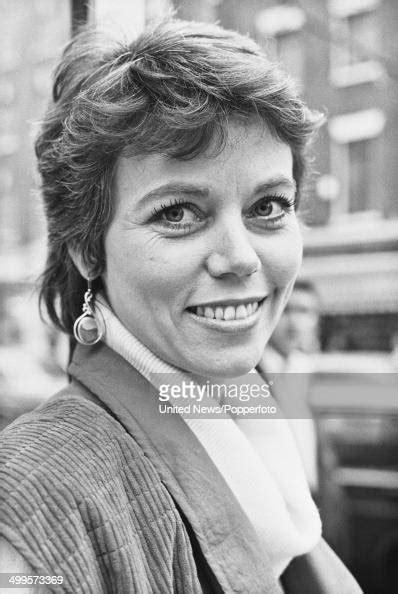A Quote by Jackie Morse Kessler
A smile flitted across War's mouth, hidden by her helmet. She had little patience for religion (although she approved heartily of the religious fanatics who sought to cleanse the world of heresy), and the only faith War had was in cold steel and hot blood.
Related Quotes
At that moment a very good thing was happening to her. Four good things had happened to her, in fact, since she came to Misselthwaite Manor. She had felt as if she had understood a robin and that he had understood her; she had run in the wind until her blood had grown warm; she had been healthily hungry for the first time in her life; and she had found out what it was to be sorry for someone.
She looked up at him with a smile. The smile broke what was left of his resistance - shattered it. He had let the walls down when he'd thought she was gone, and there was no time to build them back up. Helplessly he pulled her against him. For a moment she clung to him tightly, warm and alive in his arms. Her hair brushed his cheek. The color had come back into the world; he could breathe again, and for that moment he breathed her in - she smelled of salt, blood, tears, and Tessa.
The tent in which she first met him had smelled of blood, of the death she did not understand, and still she had thought of it all as a game. She had promised him the world. His flesh in the flesh of his enemies. And much too late had she realized what he had sown in her. Love. Worst of all poisons.
Now very much against her will, she thought of the way Jace had looked at her then, the blaze of faith in his eyes, his belief in her. He had always thought she was strong. He had showed it in everything he did, in every look and every touch. Simon had faith in her too, yet when he'd held her, it had been as if she were something fragile, something made of delicate glass. But Jace had held her with all the strength he had, never wondering if she could take it--he'd known she was as strong has he was.
His words were still clear in her mind from that first meeting. "Whoever eats this will love you." She looked into the mirror, at her birthmark, bright as blood, at her kiss-stung lips, at the absurd smile stretching across her face. Carefully separating out the crushed pieces of shell, she pulled the dried pulp free from its cage of veins. Piece by piece, she put the sweet brown fruit in her own mouth and swallowed it down.
Indira Gandhi had been this very powerful, dominating, ambiguous mother figure. Ambiguous because she was tyrannical, she had imposed...she had suspended Indian democracy for a few years but she also was the woman who had defeated Pakistan in war at a time when most male politicians in India had secretly feared fighting that war, so that here in India even today Indira Gandhi is called by Indian nationalists the only man ever to have governed India.
My house is full of paintings by my mother Pam. She was a fantastic, prolific artist but had no confidence in herself, thanks to my father running her down. They married during the war when she was 19 - she had planned to go to art school. But my father didn't want her to work, so she became a housewife.
She smiled. She knew she was dying. But it did not matter any longer. She had known something which no human words could ever tell and she knew it now. She had been awaiting it and she felt it, as if it had been, as if she had lived it. Life had been, if only because she had known it could be, and she felt it now as a hymn without sound, deep under the little whole that dripped red drops into the snow, deeper than that from which the red drops came. A moment or an eternity- did it matter? Life, undefeated, existed and could exist. She smiled, her last smile, to so much that had been possible.
She had witnessed the world's most beautiful things, and allowed herself to grow old and unlovely. She had felt the heat of a leviathan's roar, and the warmth within a cat's paw. She had conversed with the wind and had wiped soldier's tears. She had made people see, she'd seen herself in the sea. Butterflies had landed on her wrists, she had planted trees. She had loved, and let love go. So she smiled.
20 minutes later: a girl on Himmel Street. She looks up. She speaks in whisper. 'The sky is soft today, Max. The clouds are so soft and sad, and...' She looks away and crosses her arms. She thinks of her papa going to war and grabs her jacket at each side of her body. 'And it's cold, Max. It's so cold.































